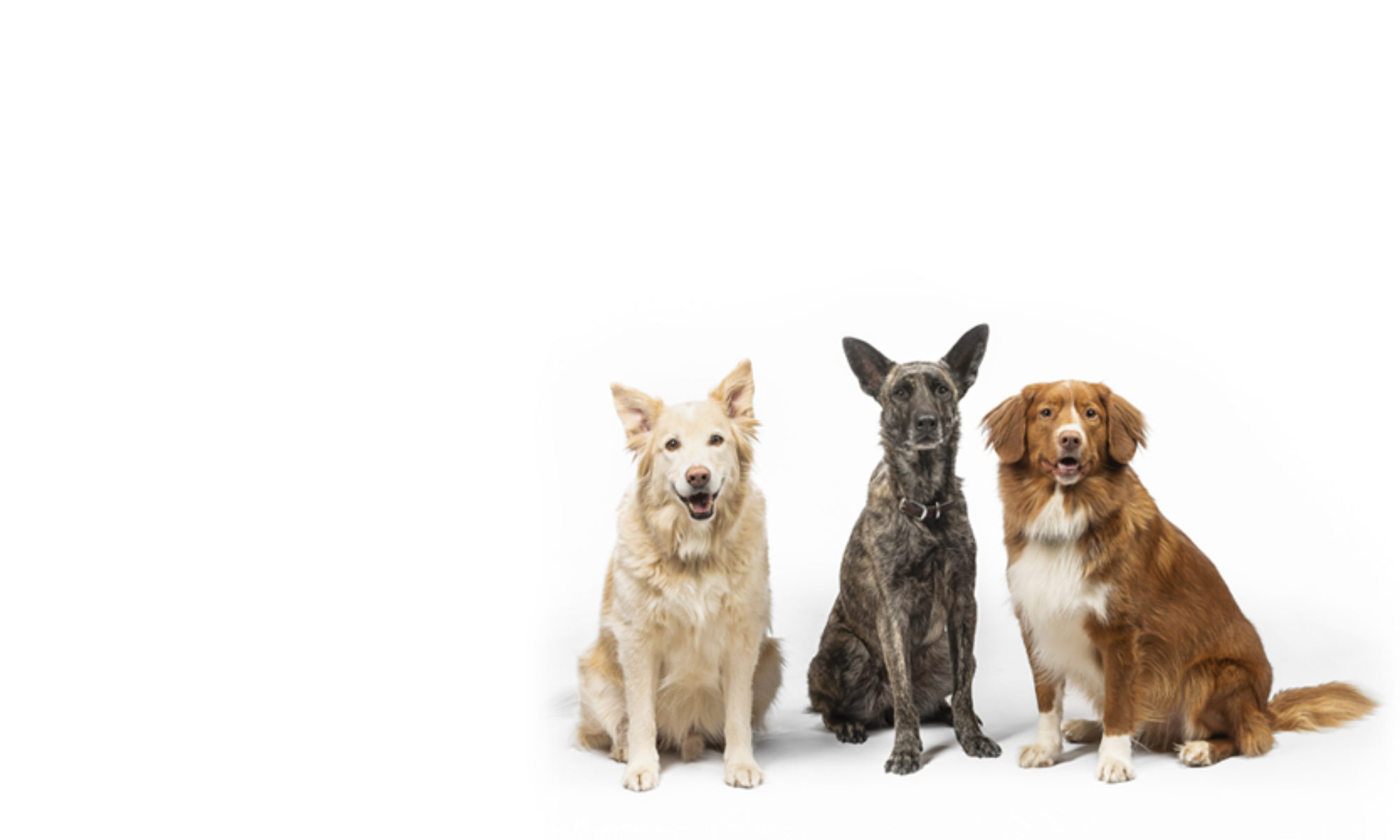It has been a while since my last post and I am happy to be back!
For those that don’t know – we moved! It has been both an exciting and a challenging month and as you can likely guess, a lot of training has been happening!

While the move is a blur in my memory, one aspect of the move stuck with me as I watched my guys explore settle into their new home.
The environment in which we live (or train) affects our dogs behaviour more than we may realize. Whether we are downsizing in life or getting more space, changing environments in our dogs lives will always affect their behaviour.
A good example?
When we lived in London, we lived in a condo, in one of the busiest streets in the city. It was actually right by a fire station. Noise was constantly heard – even at 2am, the sounds of cars and buses were easy to distinguish. Naturally, it became a source of comfort and the background noise to our lives.

Our animals – Henry, a cat and Ebony our dog, became desensitized to these sounds too. Not much spooked them – a door slamming, a fire truck, keys outside or barking dogs – none of it phased them. They didn’t bark or startle easily and the fact that they were raised in that type of environment is likely one of the reasons they carry such confidence in their demeanor.
Fast forward a few months, and we have relocated to a smaller, quieter town. It’s a lovely town but the quiet is bizarre. It took a week for me to sleep well through the night, and roughly the same amount of time to notice subtle little changes in our pets behaviour. They became more alert, more sensitive and a little more interested and distracted by sights they hadn’t seen before (like cows and farming equipment!)
As a trainer, I am constantly vigilant and hyper aware of changes in dog behaviour, but this observation really gave me an experience I hadn’t appreciated before. When dogs are raised in the city, they tend to adjust to city life and all of its nuances – they tend to tolerate different sounds and smells. When they live in quieter zones, they tend to not be exposed to the same experiences, therefore each new sound or distraction in city life (such as seeing dogs on leash!) can become a challenge – because it’s new!
So what did I do to help our pets adjust?
To be honest, Ebony is a well rounded dog and not much phases her but the experience had me considering instead how I would raise my second dog in a quieter area where she is likely not to be exposed to the same life experiences her ‘siblings’ were. As a result, raising our second dog is going to be a an entirely different undertaking than our first.
As a general rule, we don’t allow our dogs to bark incessantly at distractions or enjoy seeing them startle easily and prefer calm, well adjusted members of the household to frightened, unsure ones. Therefore, building a dog’s confidence through thoughtful exposure is always a priority in my life. I’ve had my work cut out for me during our move, which made me consider that perhaps many people find themselves in a similiar situation!
So here is what a well thought out training plan resembles to me in order to boost your dog’s confidence in new environments:
- First, acknowledge that our dogs may struggle with some areas of socialization and make a plan to gently expose them to it! When we lived in a busy area, our goals were to expose our dog to various scenarios and keep them calm and relaxed. We wanted them to interact safely in a busy environment. In a quieter area, our goals have shifted towards ensuring our dogs actually get exposure to city scenarios they are accustomed to or to new sights (such as cows!) – which may mean going out of our way to socialize them apropriately.
- Bring them to new locations and events, and reward appropriate behaviours – or simply reward just taking it in!
- Avoid overwhelming scenarios and sounds too early in training such as festivals or busy parks. While most dogs may seem ‘calm’ they can be easily overwhelmed with all of that stimulation and it can cause more training for you long term!
- Build your dogs confidence in the areas they are weak but recognize this should be a long term goal. Understand that it takes work, time, and a plan (and at times guidance from a reputable trainer). It is not an overnight fix and improvement is always the goal rather than perfection.

Dogs can adjust remarkably well and our pets are starting to settle into a new routine (where they occasionally see a cow, or a stray cat, big trucks or a group of dogs – sometimes all at once and it’s no big deal!) but there is always room for improvement and new scenario’s to practice in.
Uprooting environments, whether it is to a larger space or a smaller one still requires consistent management and training in order for us to get that well rounded dog we all want. The move made me appreciate that hard fact more than anything.
The training never stops here and I look forward to every moment of it!
Happy Training !

